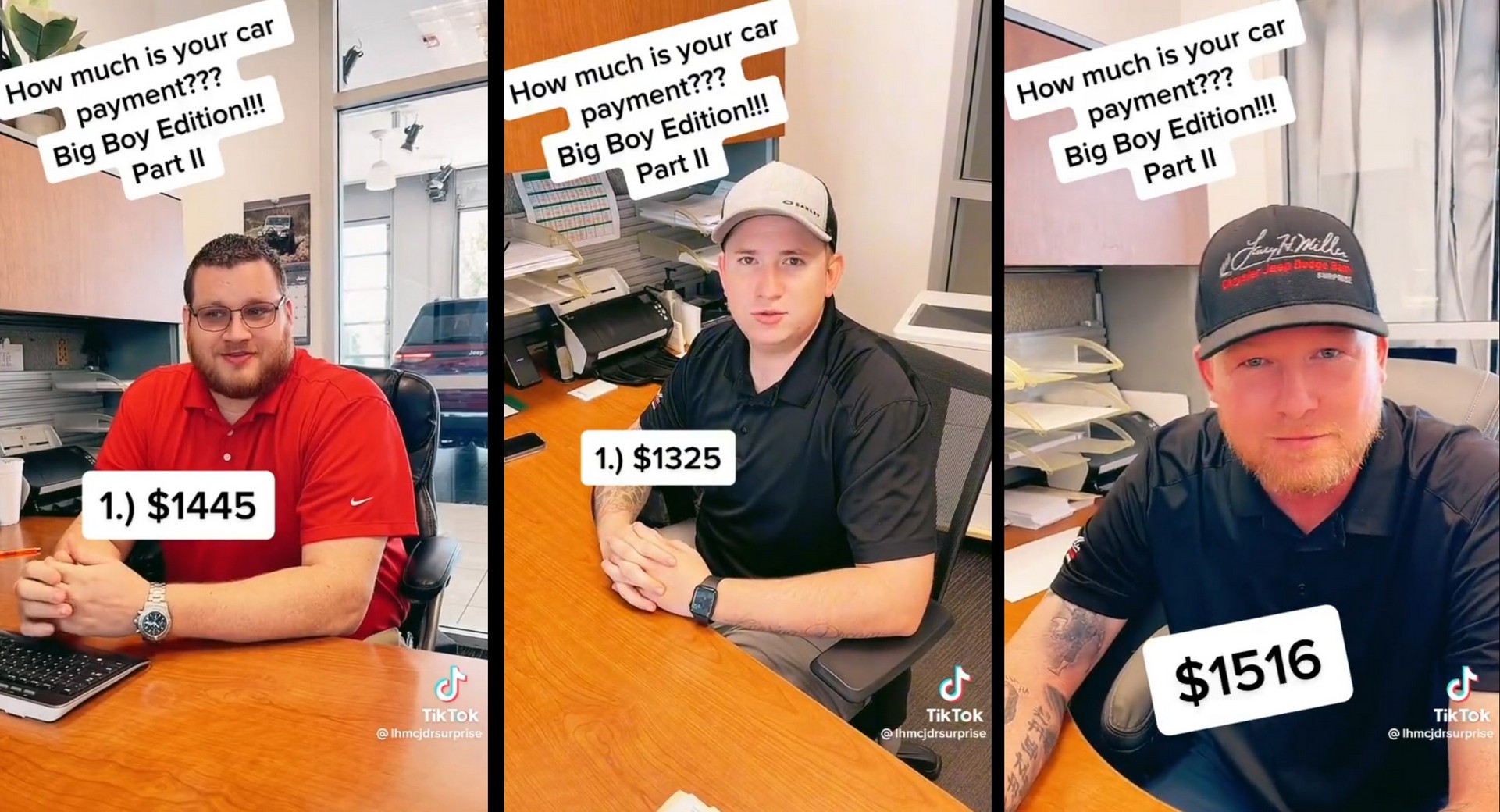- Stay Frosty | Pragmatic Personal Finance
- Posts
- I'm Going All In.
I'm Going All In.
The Best Alternative Investment
Hello readers, and thanks for joining! If you want pragmatic personal finance content sent every Monday directly to your inbox, consider sharing and subscribing below!
On today’s newsletter:
Health is the Best Alternative Investment.
Proactiveness > Reactiveness
Money is only the half of it.
Yesterday, I went on a 40mi bike ride. It was my third longest bike ride ever. In the past few weeks, I’ve been racking up personal bests in terms of distance traveled and time. Feels good. I’ve also lost 10lbs this past month as well. So what? What does this have to do with anything?
It’s an analogy to personal finance and your life obviously, otherwise I probably wouldn't write about it.
Freedom Paradox
I recently watched a video on how the US Army is struggling to find suitable recruits to enlist, reason being poor academics and fitness. So, the Army decided to meet would-be recruits halfway: Create a program to make these people army ready in 3 months, by fitness or academics. I thought this was applicable to many folks’ health and money situations metaphorically.
How did the Army get put into this situation? The “freedom paradox” is what I believe is that even though we have freedom to make our own choices which we should make in our own interest, in health terms, it seems many of them are to our own detriment instead, due to not knowing any better, or maybe our lack of discipline.
Even though we are empowered to make good choices, we don’t -fiscally and health wise. Are we not aware of tradeoffs? What can lie down the road? Apathy? Or maybe we are caught up in the moment too much?
And if you read two weeks ago post about Anchor Bias, maybe the below Tik Tok can shed light on why things are. The same can apply to health/fitness in many aspects too.
However, public health is more about actual health than financial health. Even though it should be. You see how much high-quality eating costs? Having time to exercise? It’s not always that easy to come by. But if you can prioritize fitness, you should.
Spend more today, less tomorrow?
The tradeoffs won’t always be monetary. Spending money on fitness, in whatever capacity, generally will not provide any financial gain (unless you win a competition). The opportunity cost, as I see it, is insuring yourself against time - and providing yourself with a higher quality of life. Now that’s priceless.
Let’s think about your car for a second. Are you skipping all the oil changes and tire rotations? Or do you wait until a check engine light comes on to take your car in? Or is your ride a beater that you couldn’t care less about? I think you see the metaphor here. It’s preventative maintenance. Performing small, consistent tasks over time will provide more benefit than waiting for something catastrophic to occur.
It all comes back to risk management and opportunity costs. Each of us gets to define our own way we want to mitigate risk and tradeoff things for another, and health can be viewed through this lens as well.
So, fitness is a fine way to spend your money. After all I don’t think anyone wants to give themselves more opportunities for health problems than already exist. It’s the U.S. man, that stuff is expensive.
Health is the real wealth.
Some employers even offer fitness incentives to lower your premium that comes out of your paycheck. Employers offer HSA’s which I have written about here to cover your medical expenses and invest.
Money is only half the equation when you need to be alive and functioning to be able to use it properly. And nobody wants to be spending hard earned money on pills and meds if they don’t have to.
But Andrew, you say, I have a health condition….. Yes, some people have that, unavoidably. Such is life. The point is the safeguard what you got, perform preventative maintenance, and try to keep it up for as long as you can. It’s much like investing. Plant the seed, sit under the shady tree one day. And have a more enjoyable life while you’re at it.
Want to try tracking your cash flow, transactions, and assets, intentionally? I’ve developed a spreadsheet-based tool that works great manually, by dropping in your financial account data or use a service like Tiller and go the automatic route. → I do the automated one with Tiller and it’s awesome! Check it out below and use my discount code to get it for FREE!
Stay Frosty My Friends,
Andrew
If you liked this post, consider sharing and subscribing below!

Reply